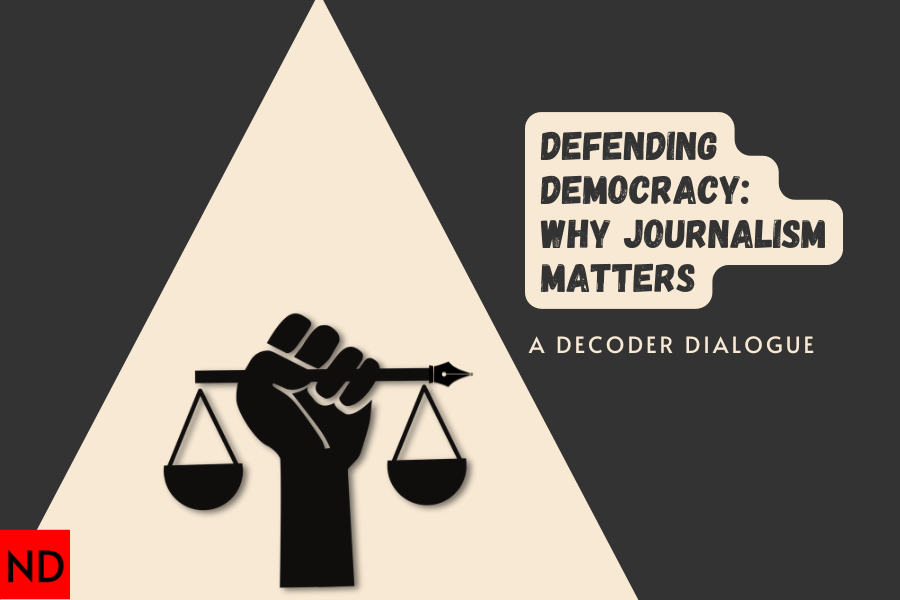
by Christopher "Breck" DuPaul | 3 Apr 2025 | France, Government, Journalism, Politics, School Year Abroad, Student Posts, Youth Voices
A U.S. student in France wanted to know how French people felt about their government. The common thread he discovered? Mécontentement. Demonstrators display a banner which reads ‘democracy against austerity’ during a protest, responding to a call from the...

by Tira Shubart | 28 Mar 2025 | Decoders, Europe, History, Human Rights, Journalism, Politics
As the threat of tyranny rises across the world, the United States has pulled funding of Radio Free Europe and other networks that broadcast dissident voices. Alsu Kurmasheva, an editor for the U.S. government-funded Radio Free Europe/Radio Liberty’s...

by Katharine Lake Berz | 24 Mar 2025 | History, Human Rights, Politics
Marvin Dunn’s unlikely revolution in Republican Florida. Marvin Dunn marching in Florida on 16 March 2025. (Credit: Katharine Lake Berz) This article was produced exclusively for News Decoder’s global news service. It is through articles like this that News...

by Carlos Rubio | 21 Mar 2025 | Education, Journalism, Media Literacy
The more confusing the media messages we get, the more we rely on educated journalists to sift through the noise and give us the context we need. News reporters ask questions of White House press secretary Karoline Leavitt during a press briefing at the White House in...

by Marcy Burstiner | 6 Feb 2025 | Government, Journalism, News Decoder Updates, School Year Abroad, VIGBYOR
If democracy depends on the support of an informed public what does it mean when people distrust what they read and hear in the news? Democracy as a form of government relies on an informed public. The founders of democracy in the United States, which became a model...





